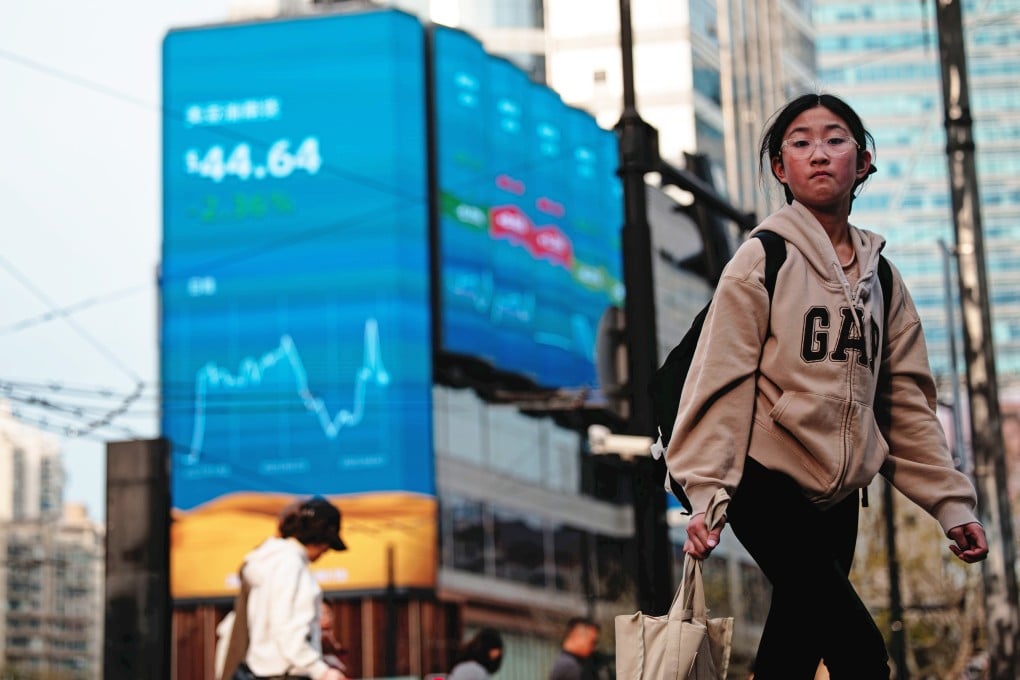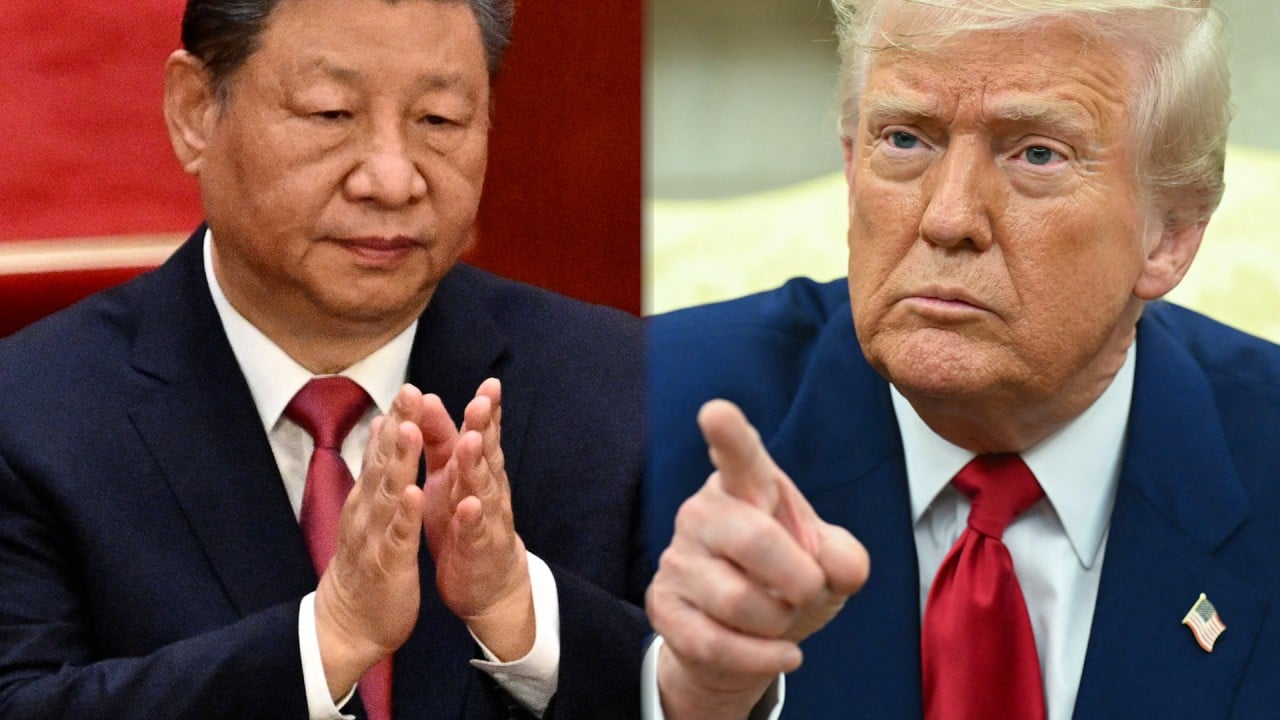Advertisement
China mounts market intervention as Huijin leads stock purchases amid tariff war
Three state-run funds vow to ramp up purchases to safeguard market stability, while one regulator pledges to free up more insurance funds
Reading Time:3 minutes
Why you can trust SCMP
4

China stepped up its intervention efforts to stabilise its financial markets amid steep losses triggered by an all-out tariff war with the US, calling on at least US$1.3 trillion of funds at state-owned investment vehicles and insurance companies to help stem the worst rout in decades.
Advertisement
The People’s Bank of China (PBOC) on Tuesday said it would provide more relending to back purchases by sovereign wealth fund’s unit Central Huijin Investment to safeguard local market stability. The National Financial Regulatory Administration said it would allow insurers to use more funds to invest in the stock market, while an array of state-controlled firms stepped up buy-back plans in a move to shore up prices.
The CSI 300 Index, which tracks the biggest companies traded in Shanghai and Shenzhen, jumped 1.7 per cent on Tuesday, clawing back some of the 7.1 per cent plunge for the previous day. The Hang Seng China Enterprises Index, which crashed 13 per cent on Monday into bear-market territory, rebounded 2.3 per cent in Hong Kong.
“Beijing is sending a clear message [that] they’re not going to let this market unravel without a fight,” said Stephen Innes, a managing partner at SPI Asset Management in Bangkok. “This isn’t moral support, it’s a full-on monetary airlift.”
China met US President Donald Trump’s “Liberation Day” 34 per cent tariffs with a matching blow on US goods last week, sending global markets into a seizure on Monday and fanning demand for safe haven assets. The Hang Seng Index, dominated by China’s biggest companies, suffered its worst one-day loss since the Asian financial crisis in 1997. Trump has threatened to impose another 50 per cent levy on Chinese goods if Beijing does not remove its tariff, worsening the outlook, while Beijing vowed to “fight till the end.”
Advertisement
Advertisement
